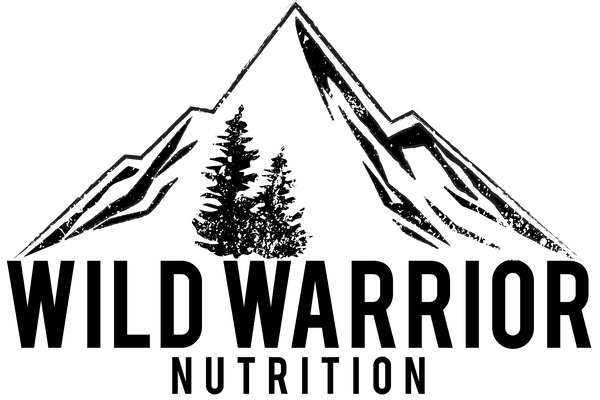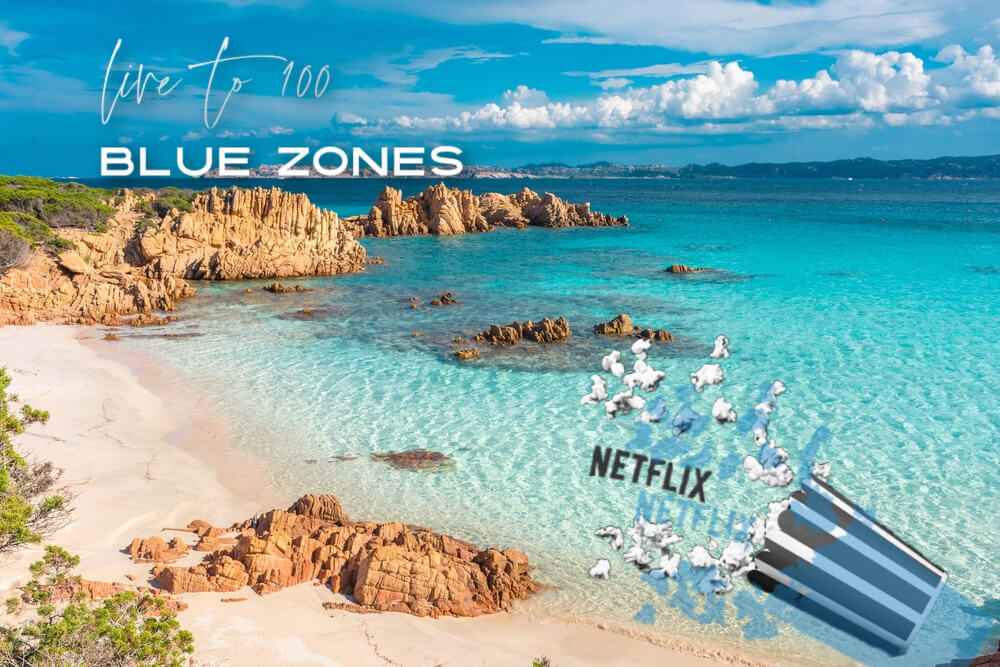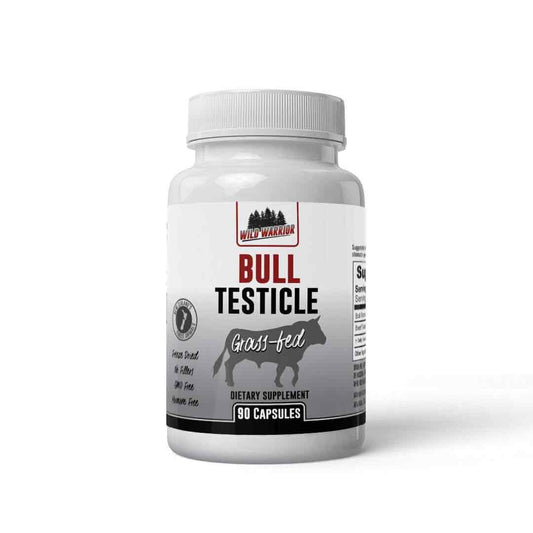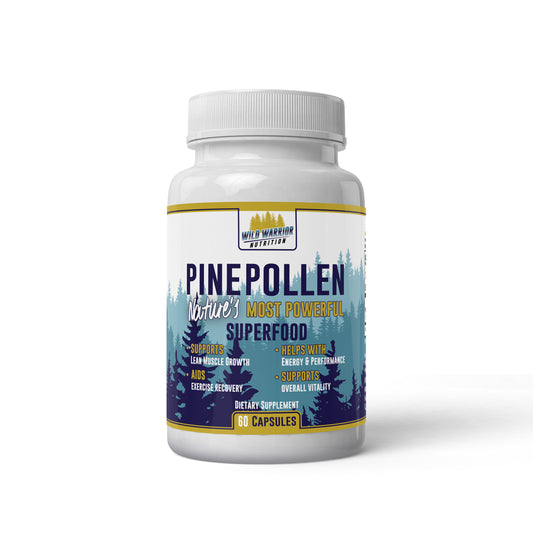A new four-part documentary series launched on Netflix, "Live to 100: Secrets of the Blue Zones" explores the mysteries of longevity by taking viewers on a global journey to unique communities, known as the Blue Zones, where an unusually high number of people live to be 100 years old or more.
Hosted and narrated by bestselling author and National Geographic Fellow Dan Buettner. The series breaks down the key themes of each Blue Zone community, in hope of uncovering patterns and tips the rest of us can follow to live fit and healthy lives (for a very long time).
The series begins with a discussion about the world's population, obesity, death from preventable ailments, and the inadequacy of our current efforts to extend life (i.e., diagnose and pill).
Throughout the series, Buettner visits locations such as Okinawa, Sardinia, Singapore, and Loma Linda, California, home of the famous 7th Day Adventist Church. These visits and the discussions he has with some of the oldest residents reveals the secrets of these regions' longevity.
A common theme is the predominance of a plant-based diet, which we felt was some what misleading and designed to promote a vegan lifestyle. The creators seems to avoid the discussion of meat, fish, and dairy almost entirely.
For example, in the episode featuring Sardinia, the creators focused on the local's consumption of Minestrone soup, sour dough bread, and home made pasta without any mention of fish, snails, dairy, or other well known staples on that island.
In fact, according to the Journal of Ethnic Foods, "...Sardinians blue zone people rely heavily on the consumption of dairy products, particularly goat’s and sheep’s milk products, for their calorie intake."
A similar argument could be made about the Okinawan episode, but we digress.
However, while their avoidance of the dreaded r-word (MEAT) seems intentional, we acknowledge the 7th Day Adventist people do follow, for the most part, a strict vegetarian diet.
Overall, we feel the documentary spends too much time subtly demonizing meat, and provides no discussion related to what is missing from these people's diets, specifically processed junk food, cookies, chips, sodas, energy drinks, fast foods, cakes, pies, etc.
To us, the absence of these western foods probably has more to do with their perfect health, rather than the avoidance of meat. Just sayin, but Netflix probably doesn't want to upset big food corporations or their shareholders.
Nevertheless, the series does provide valuable insights into food, lifestyle habits, such as a tendency to walk and exercise daily, and overall traits of happiness such as family and community involvement.
Ultimately, the main takeaway from the series is that we all need to drastically change our current lifestyles if we wish to increase our lifespan, which we at Wild Warrior Nutrition completely agree with.
The people of this world could use A LOT more exercise, clean air, clean water, better food, and targeted supplements and herbs to improve their chances of living to 100.
In conclusion, "Live to 100: Secrets of the Blue Zones" offers a visually engaging and informative exploration of human longevity, even if it leaves some viewers feel like they are being lectured by the vegan community. Regardless of how you feel about the vegan diet, we feel it's a must-watch for those interested in a little motivation to help them get more active and healthy.
Note: At Wild Warrior Nutrition we do not care what diet people follow. Our opinion, like with fitness, is to find something you can stick with that you like. What everyone can agree on is that it is best to avoid the junk food, fast food, and the over consumption alcohol.
Resources:
1. Wang, C., Murgia, M.A., Baptista, J. et al. Sardinian dietary analysis for longevity: a review of the literature. J. Ethn. Food 9, 33 (2022). https://doi.org/10.1186/s42779-022-00152-5





